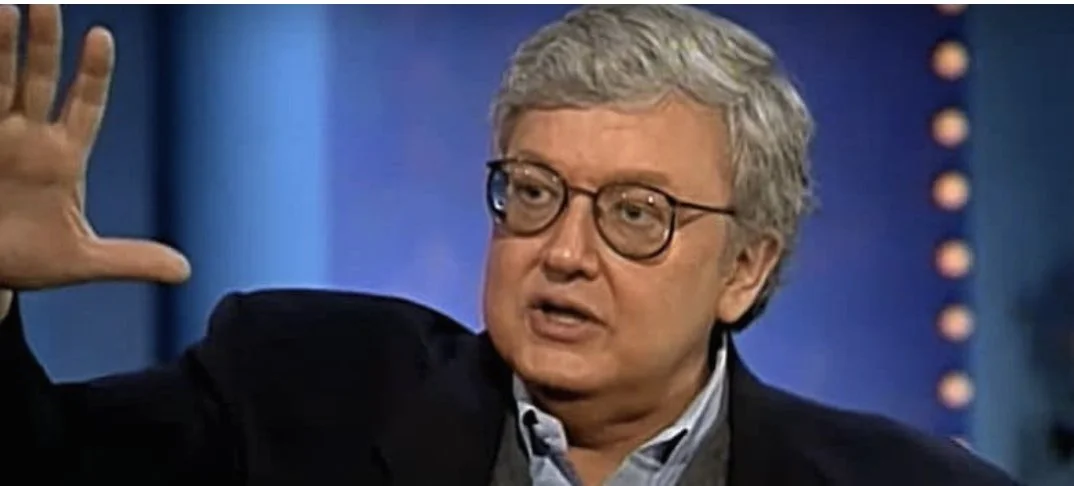“Political correctness is the fascism of the ’90s” – Roger Ebert
In the ‘90s there were no bigger and more influential film critics than “Siskel & Ebert.” Gene Siskel and Roger Ebert’s decade-spanning review show had them involved in some heated exchanges over the latest releases, but one subject that always bonded them was their love for movies.
One exchange, in particular, shows how prophetic they were about the cultural trends, both good and bad, lurking around the corner. Siskel and Ebert both passed away before they could witness the current PC-driven stagnation of free speech in film criticism (and at the movies), but in one particular episode of their show they warned us about a cinematic future which now seems eerily familiar to our present-day.
In a recently found clip, which happened to be a short segment on their show, the duo is heard giving advice to future film critics. The conversation has Siskel stating that it takes “courage” to say what you really feel as a critic, pinpointing the slow infiltration of PC in culture:
“There’s a whole new world called political correctness that’s going on,” Siskel said. “That is death to a critic to participate in that.”
“You’ve really put your finger on something,” Ebert responded. “Just personally wanting to be liked, wanting to go along with the group, is death to a critic. Take your best shot,” Siskel said. “I’ve been given this lucky break to say what I think. If I censor myself I’m gonna regret it, I’m gonna regret it.”
Ebert went on to say that he’s noticed more and more aspiring writers falling prey to the growing P.C. mentality:
“A lot of college writers are either working for their student papers or they’re writing papers that are gonna be read out loud in class,” Ebert said. “Political correctness is the fascism of the ’90s. It’s this rigid feeling that you have to keep your ideas and your ways of looking at things within very narrow boundaries or you’ll offend someone.”
“One of the purposes of journalism is to challenge just that kind of [P.C.] thinking,” Ebert said. “Certainly one of the purposes of criticism is to break boundaries. It’s also one of the purposes of art.
“If a young journalist … tries to write politically correctly what they’re really doing is ventriloquism. They’re not saying what they think. They’re projecting their ideas into another politically correct persona and trying to pretend that persona reflects their ideas, and that’s tragic. You’re training yourself at a very young age to lie, to lie.” Ebert added for emphasis.
“Let’s have a lot of opinions, and that’s very important,” he said. “Today, on the campus, there’s such tunnel vision when it comes to political correctness that people are afraid to use terms or to have feelings that haven’t been approved.”
This is quite a fascinating talk. However, what Ebert and Siskel did not foresee or predict was how this same PC movement would not just infiltrate film criticism, but also American moviemaking.
I was honestly gobsmacked to find this archival footage of the duo talking about such relevant topics —speaking in such prescient fashion, unaware that what they were warning us about would become a contagion this last decade.
Maybe the critics over at The New York Times, VOX, Los Angeles Times, and other rags can watch this clip and then look at themselves in the mirror … in total and utter shame.






